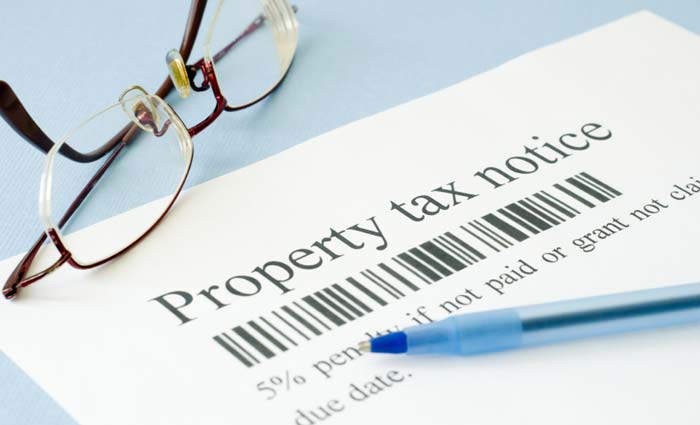Rental property owners in ATO's sights: What you can and can't claim
GUEST OBSERVATION
The Australian Tax Office (ATO) says it continues to see a number of taxpayers understating rental income and over-claiming rental deductions.
With the surge in real estate sales, especially residential real estate, and an emphasis on investment properties, the ATO has not surprisingly taken a close interest in the expense claims people make concerning their rental properties.
Rental properties have been on the ATO radar, it seems, forever. The issues haven't greatly changed, but it seems taxpayers are still getting it wrong. Quite why this is the case is something of a mystery.
The ATO is now sending what it says are "re-designed" letters to taxpayers regarding reviews of rental, legal and/or borrowing expense claims. In those letters, the ATO says it will provide information on specific expense claims it is reviewing. It says the letters identify:
- the relevant tax return label where the expense is claimed and the amounts in question;
- the proposed ATO adjustments;
- what to do if there is a disagreement about what has been claimed; and
- where to find relevant information on the ATO website.
The ATO says it has also refined its case selection processes to minimise the likelihood of incorrectly selecting commercial properties.
Common errors with rental expense claims
Some of the common errors the ATO has identified include claiming as a legal and/or borrowing expense:
- stamp duty on the transfer of property;
- legal fees in relation to family divorce proceedings;
- borrowing expenses in a single year, instead of being spread over five years as the law requires. The five years runs from the date of the borrowing;
- borrowing expenses for personal loan protection insurance for injury, illness and loss of income;
- interest expenses incorrectly claimed at the borrowing expense label on the tax return;
- renovation costs as repairs and maintenance instead of being attributed to the capital cost of the property. This area causes confusion for many in determining for a start what is a repair versus what is a renovation. Structural improvements are unlikely to repairs e.g. remodelling a bathroom or kitchen;
- solicitors fees for purchase of the property; and
- some expenses as legal instead of sundry expenses. For example, fire levy expenses and lease fees.
The ATO says it continues to see a number of taxpayers understating rental income and over-claiming rental deductions. The ATO says it will be expanding its focus to investigate issues such as the incorrect:
- apportionment of income and expenses based on ownership holdings;
- claiming of expenses for vacant land;
- apportionment of expenses for holiday homes. This may be done on the basis of the actual number of days the property is let at a commercial rent, although this will depend on the particular circumstances;
- claiming of interest expenses for private borrowings.
It's also important to remember that expenses incurred in respect of an empty rental property will only be deductible if the property is available for rent and there are active and bona fide attempts to let the property. This means that expenses incurred will not be deductible for any period during which the property owner does not actively seek to find a tenant. This is a common issue.
There are many rental property expenses that are tax deductible e.g. council and water rates, building insurance premiums, real estate agent management fees, advertising costs, travel costs to inspect the property, etc. However, as the Tax Office has clearly found, there are a number of areas where mistakes are being made. Rental property owners should take note of these.
Terry Hayes is the editor-in-chief of tax news reporting at Thomson Reuters, a leading Australian provider of tax, accounting and legal information solutions.
Thomson Reuters Australian Tax Handbook 2014 – Tax Return Edition provides information on claiming all kinds of tax deductions, including the rules relating to claiming rental properties and work-related expenses.
This article first appeared on SmartCompany.
